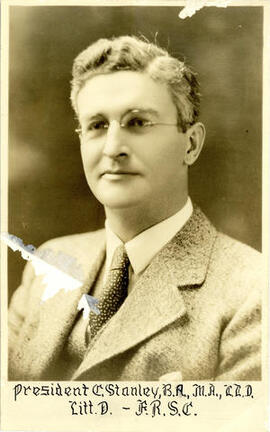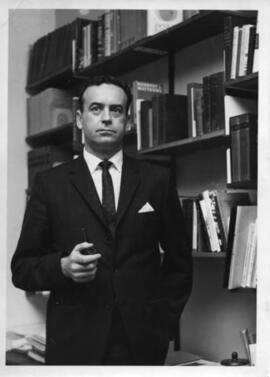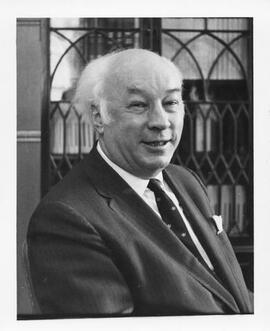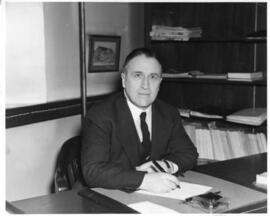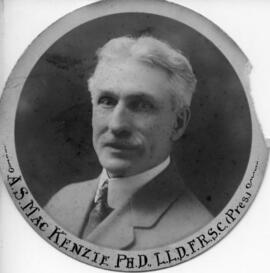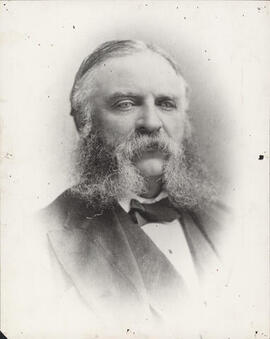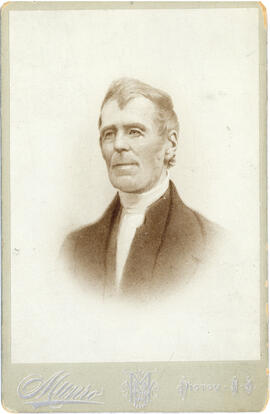The Review Publishing Company was incorporated on 7 March 1921 with the sole objective of publishing The Dalhousie Review. The Board of Governors held one-third of the authorized shares, with the remaining shares divided between alumni, faculty and others. Herbert Leslie Stewart, Dalhousie philosophy professor, was the journal’s founding editor, a role in which he remained for 26 years. Stewart wanted to situate The Dalhousie Review between the specialized scholarly journal and the popular press, and during this period contributors comprised political thinkers, historians, literary scholars, poets and novelists. The names of many notable individuals appeared in its pages, including Archibald MacMechan, R. MacGregor Dawson, Sir Robert Borden, Duncan Campbell Scott, Eliza Ritchie, E.J. Pratt, Douglas Bush, Charles G.D. Roberts, Frederick Philip Grove, Robert L. Stanfield, Hugh MacLennan, Hilda Neatby, Eugene Forsey, Thomas Raddall and Earle Birney.
Herbert Stewart was succeeded by Burns Martin (1948–1951), C. Fred Fraser (1951–1952), William Graham Allen (1953–1957), C.L. Bennet (1957–1970), Allan Bevan (1971-1978), Alan Kennedy (1979-1984) and Alan Andrews (1985-1995), and over these years the journal underwent a variety of transformations, including the practice of printing works of short fiction alongside discursive articles and poetry. Norman Ward, George Woodcock, Mavor Moore, J.M.S. Tompkins, Owen Barfield, Miriam Waddington, Alden Nowlan, Malcolm Lowry, Chinua Achebe, Nadine Gordimer, Margaret Atwood, Juliet McMaster, Wilfrid Sellars, Peter Schwenger, Daniel Woolf and Guy Vanderhaeghe were all published in the pages of The Dalhousie Review in the second half of the twentieth century.
Despite the high regard in which The Dalhousie Review was held—by writers and readers—by 1964 the Review Publishing Company was virtually bankrupt. In 1967 it ceased to exist and in its stead The Dalhousie University Press was incorporated with the nominal role of publishing the journal. The Dalhousie Review continued to be funded through subscription and advertising revenue, running an increasing annual deficit that was underwritten by the university administration. In 1974 the journal began to apply for and receive grants from the Canada Council, and later from the Social Sciences and Humanities Research Council of Canada, but continued to operate at a loss. In 1994 President Clarke announced that the administration was withdrawing its funding, and in 1997 the President’s Office terminated its responsibility for The Dalhousie Review. Faced with its closure, the Faculty of Arts and Social Sciences agreed to take charge of the journal.
Ronald Huebert began his term as editor in 1997 with a mandate from the Faculty to reanimate the relationship between The Dalhousie Review and its readers, with a much reduced budget and staffing. Under his guidance the journal was redesigned and transitioned from being published quarterly to appearing three times a year. Since 2010 the editorial focus has shifted to publishing primarily short fiction and poetry, and during this time stories published in The Dalhousie Review have regularly appeared in The Journey Prize Anthology and twice won the prestigious Journey Prize itself. Editors Robert Martin (2004-2007 ), Anthony Stewart (2008-2011) and Carrie Dawson (2012– ) have guided the journal's development towards an online presence and open access publishing, and fully searchable digitized back issues of its first 90 years are now available in Dalhousie University's institutional repository, DalSpace.

